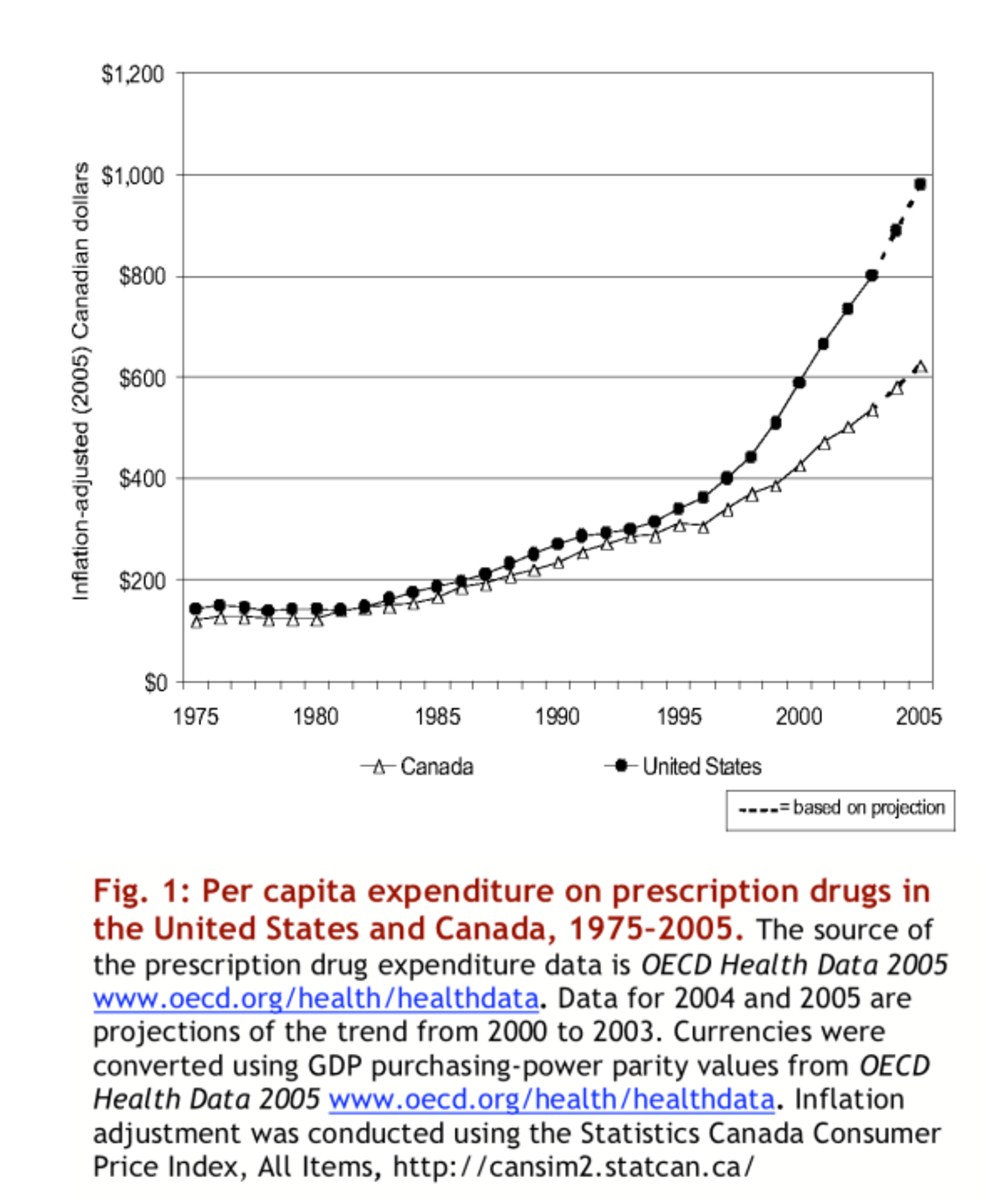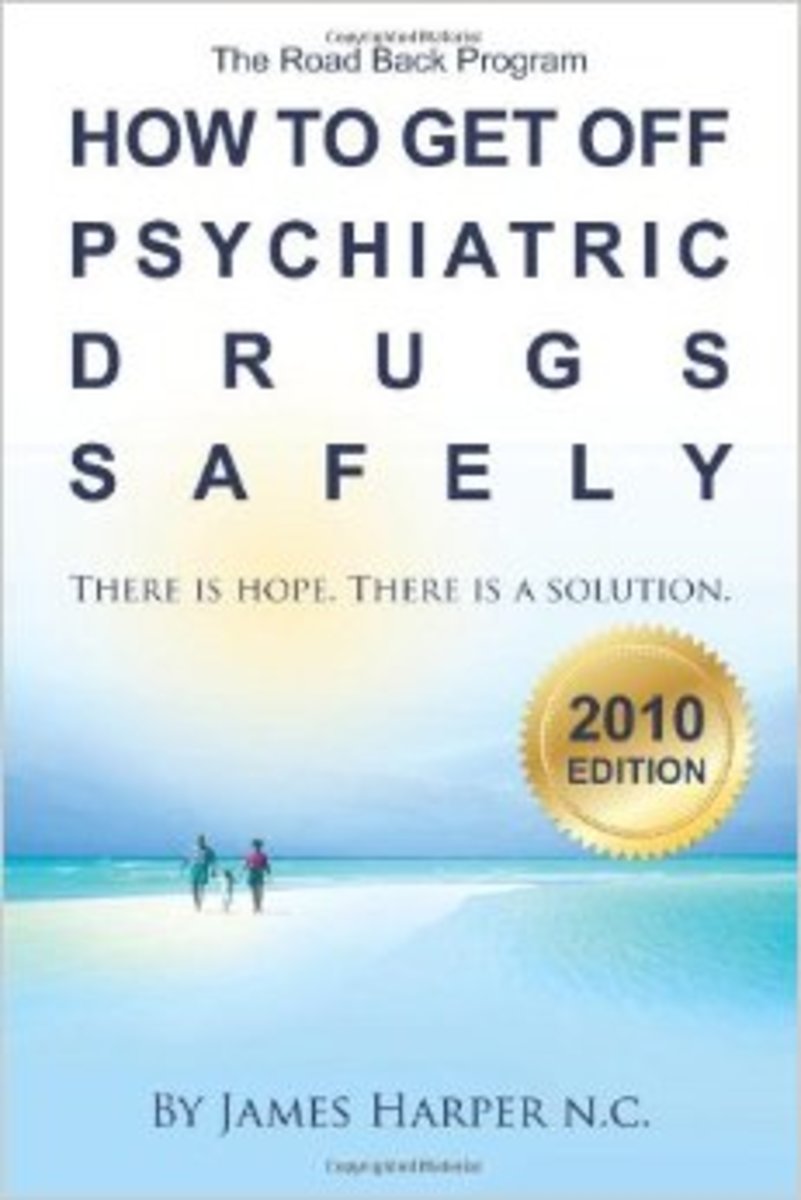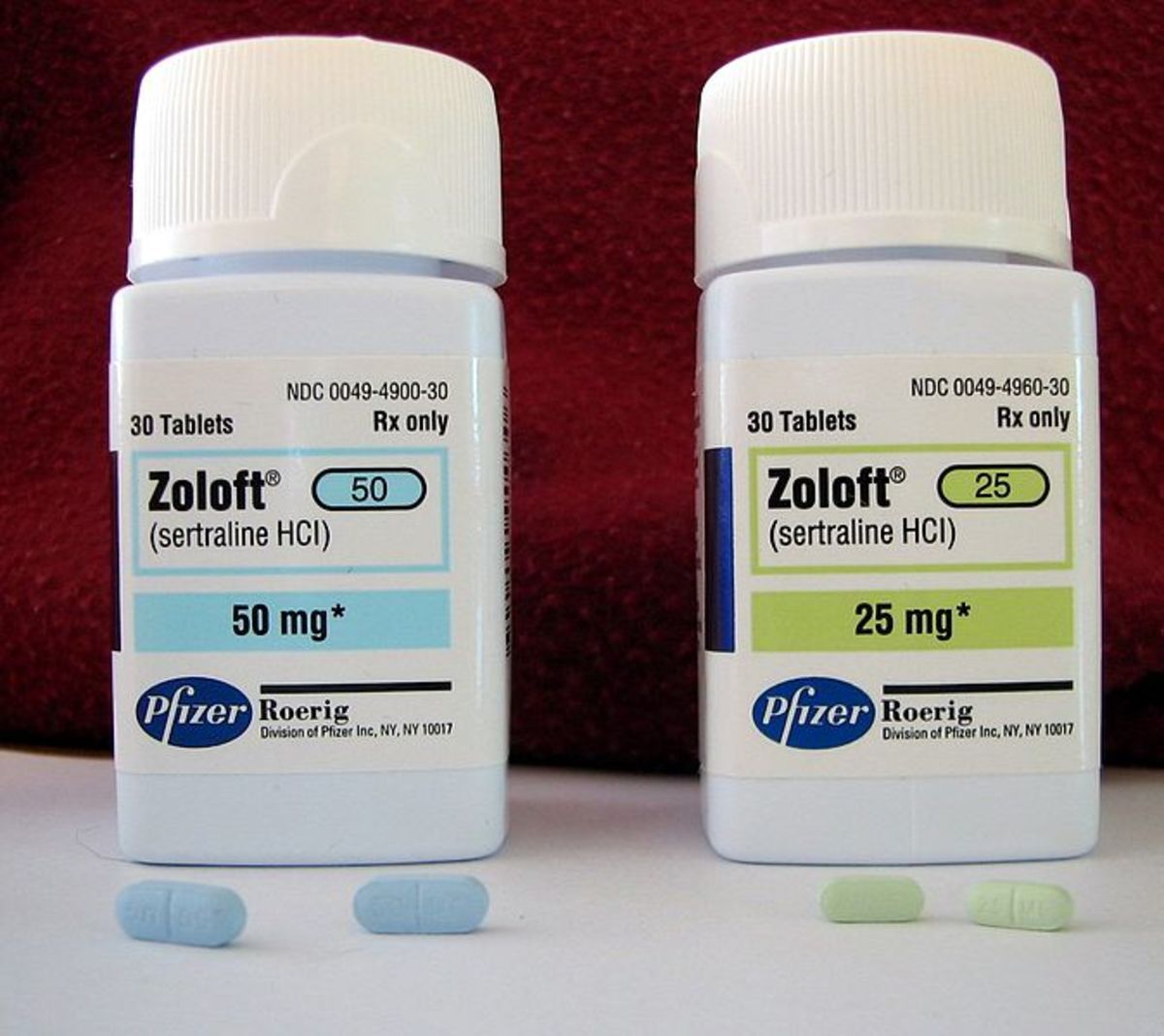Mental health, how healthy are prescription medications?

Psychotropic drugs
MIND ALTERNG MEDICATIONS
A few years ago my 17 year old son pulled into the driveway of his girlfriend’s house. He got out of his car and headed toward the door. He was half way across the yard when his girlfriend’s twelve year old sister came running out of the house, she headed straight for my son and attacked him. He was big enough to hold her off, she then went running out of their yard into the desert. She was found 15 minutes later passed out in a field. The girl was hospitalized for four days.
The diagnosis was that this twelve year old girl had stopped taking her ADHD medication without telling anyone. She crashed off the medication and had an episode that she would not remember. My son came to me with her prescription name to find out more about the drug. The side effects of her medication were thoughts of suicide, hallucinations, and psychotic symptoms. The warnings included not discontinuing the medication without the care of a doctor. Since this incident I have heard similar stories told about people on everything from anti-depressants to pain killers.
In 2008, prescription pain killer overdose was responsible for over 15,000 deaths (Center for Disease Control and Prevention, 2013). Painkillers are known for their addictive nature and their intense organ damage. It is only after years on these pain killers that people are sent to attempt other types of pain management. This might lead some people to speculate why the alternative pain management options are not employed before pain killers are prescribed.
Also in 2008, antidepressants were a factor in 80% of Sweden’s suicide cases (Adams, 2008). Adams (2008), dubbed these suicides “Chemically-Induced Suicide”. Dorothy M. Neddermeyer, PhD stated that anti-depressant side effects include “sedation, drowsiness, lethargy, difficulty thinking, confusion, poor concentration, memory problems, nightmares, panic feelings, and extreme restlessness; delusions, suicidal thoughts, manic reactions, delirium, seizures, fever, lowered white blood cell count (with risks of infection), liver damage, heart attacks and strokes”.
ADHD medications are linked to a myriad of health and brain issues including “nervousness and insomnia, hypersensitivity, anorexia, nausea, dizziness, headache, drowsiness, blood pressure and pulse changes, tachycardia, angina, abdominal pain, loss of appetite, weight loss and toxic psychosis” (Neddermeyer, 2013). From this small amount of information we can deduce that mind altering drugs are dangerous. So how are millions of people getting prescriptions for medications that could possible cause irreparable damage?
Let’s start with how your brain works. Your brain is prewired to chemically behave in a certain way. The synapsis connectors in your brain fire at will through the complex organ that makes up your brain. These connectors are influenced by chemical changes in your brain. Some chemical reactions cause severe imbalanced in the chemicals in the brain. When a person’s brain is overactive, doctors may prescribe medications to calm activity, conversely if the brain is underactive medications may activate parts of the brain that are not working. Here is the problem, the brain is prewired to compensate for the chemicals that enter the brain. Over time the continuous on slot of chemicals can change how the brain is operating, thus causing permanent damage.
The human brain is growing until approximately 25 years of age. When we carefully consider what we know about drugs interacting within the brain, it stands to reason that parents should be concerned when a doctor prescribes a medication of any kind. In almost every case of temporary psychosis I have seen a common theme involving medication. Usually these prescriptions are given to a person by their medical doctor. While there are people who require medication, psychotropic drugs should only be prescribed after a psychological evaluation. Too often psychotropic drugs are given out like candy to people by their regular doctor. As a general rule if a doctor is not prepared to give a person a psychological evaluation then that same doctor is not going to closely monitor the person’s use of those drugs. This includes drugs prescribed to children.
Last month a woman I have known for a short time ended up in the psych ward of a hospital. Her husband was beside himself, his wife was zoning out and disoriented. The doctors could not find a medical reason for her behavior. The husband came to me distraught. I asked a few simple questions one of which was “did your wife recently discontinue the use of any prescribed medication?” Not only had this woman discontinued her medication, she discontinued the equivalent of five psychotropic drugs, two of which were anti-depressants. This woman was about to be committed to an intuition.
What I am saying is that only in extreme cases should people consider drugs an option. Especially, when we are talking about a child. In recent years I have come across several children who experienced heart problems as a result of prescribed medications. Although several reports state that children have a low risk for heart problems with ADHD or ADD medications, the Mayo clinic reports
“Although rare, several heart-related deaths occurred in children and teenagers taking stimulant medications. The possibility of increased risk of sudden death is still unproved, but if it exists, it's believed to be in people who already have underlying heart disease or a heart defect. Your child's doctor should make sure your child doesn't have any signs of a heart condition and should ask about family risk factors for heart disease before prescribing a stimulant medication” (Mayo Clinic, 2013)
Unfortunately, children are not carefully monitored following the administrations of prescriptions. Often, the medication is administered even though adverse effects such as not eating, zoning out, or disorientation occur. The important thing to remember it that brain altering drugs are altering the brain. All other possibilities should be exercised before taking medications, when possible medication should be avoided altogether.
References
Adams, M. (2008), Chemically-Induced Suicide: 80 Percent of Suicide Victims Took
Antidepressant Drugs. Retrieved from ttp://www.naturalnews.com/022743.html##ixzz2iz17Cyir
Center for Disease Control and Prevention (2013). Prescription Painkiller Overdoses in the U.S.
retrieved from http://www.cdc.gov/Features/VitalSigns/PainkillerOverdoses/
Neddermeyer, D. PhD (2013). Prescription and OTC Drugs: Dangers and Permanent Damage retrieved from Article Source: http://EzineArticles.com/139863
© 2013 MD Jackson MSIOP









